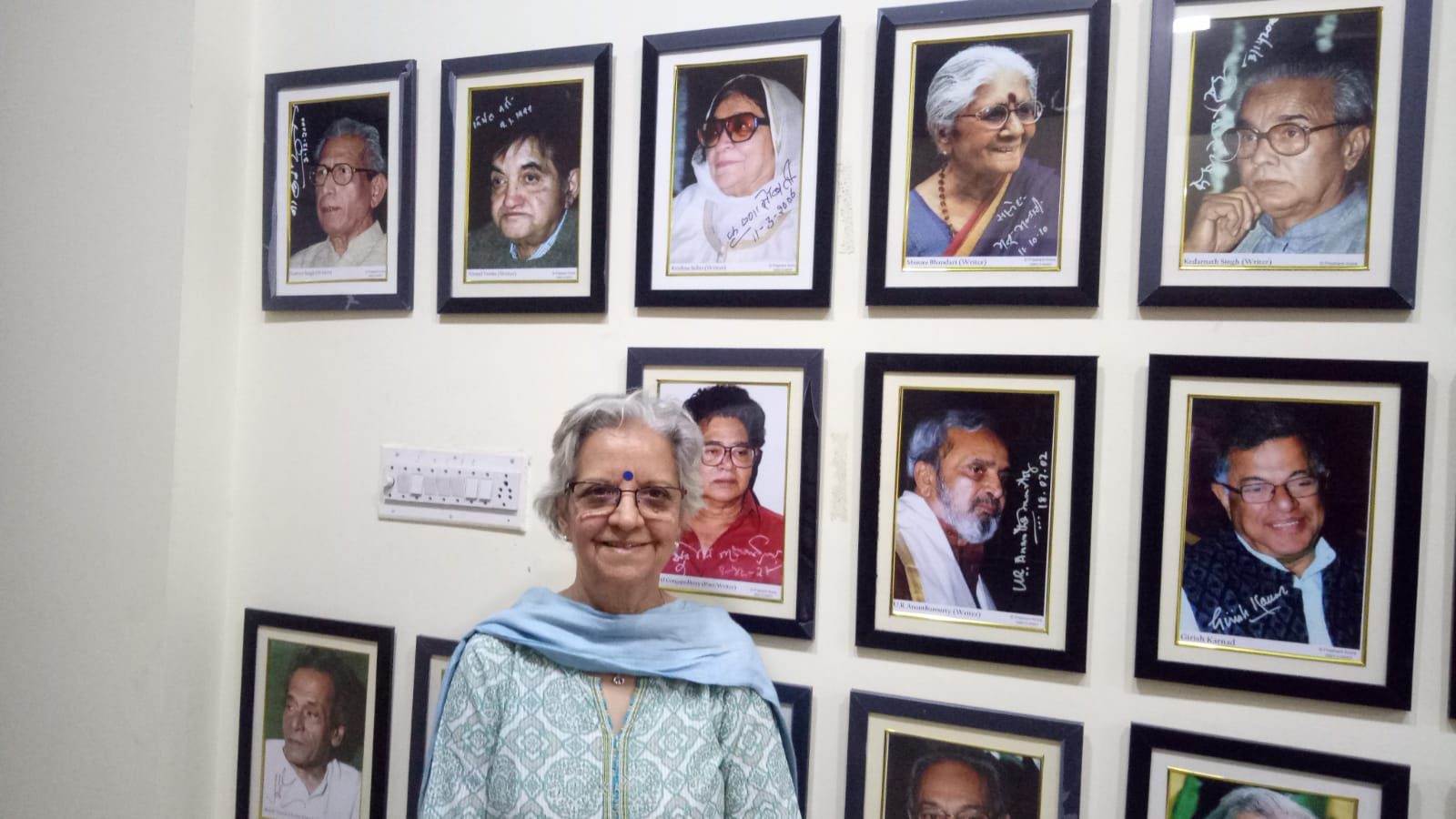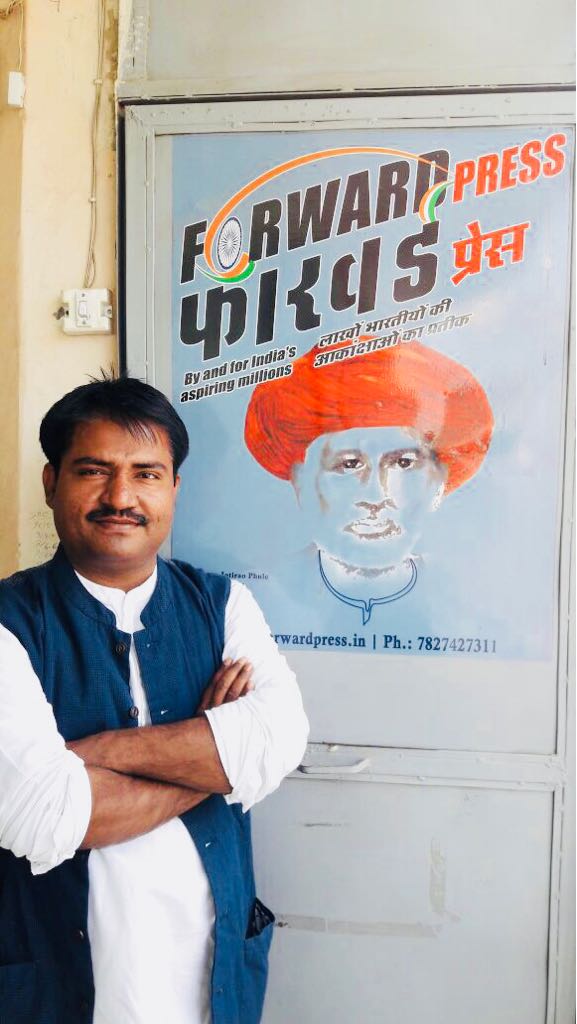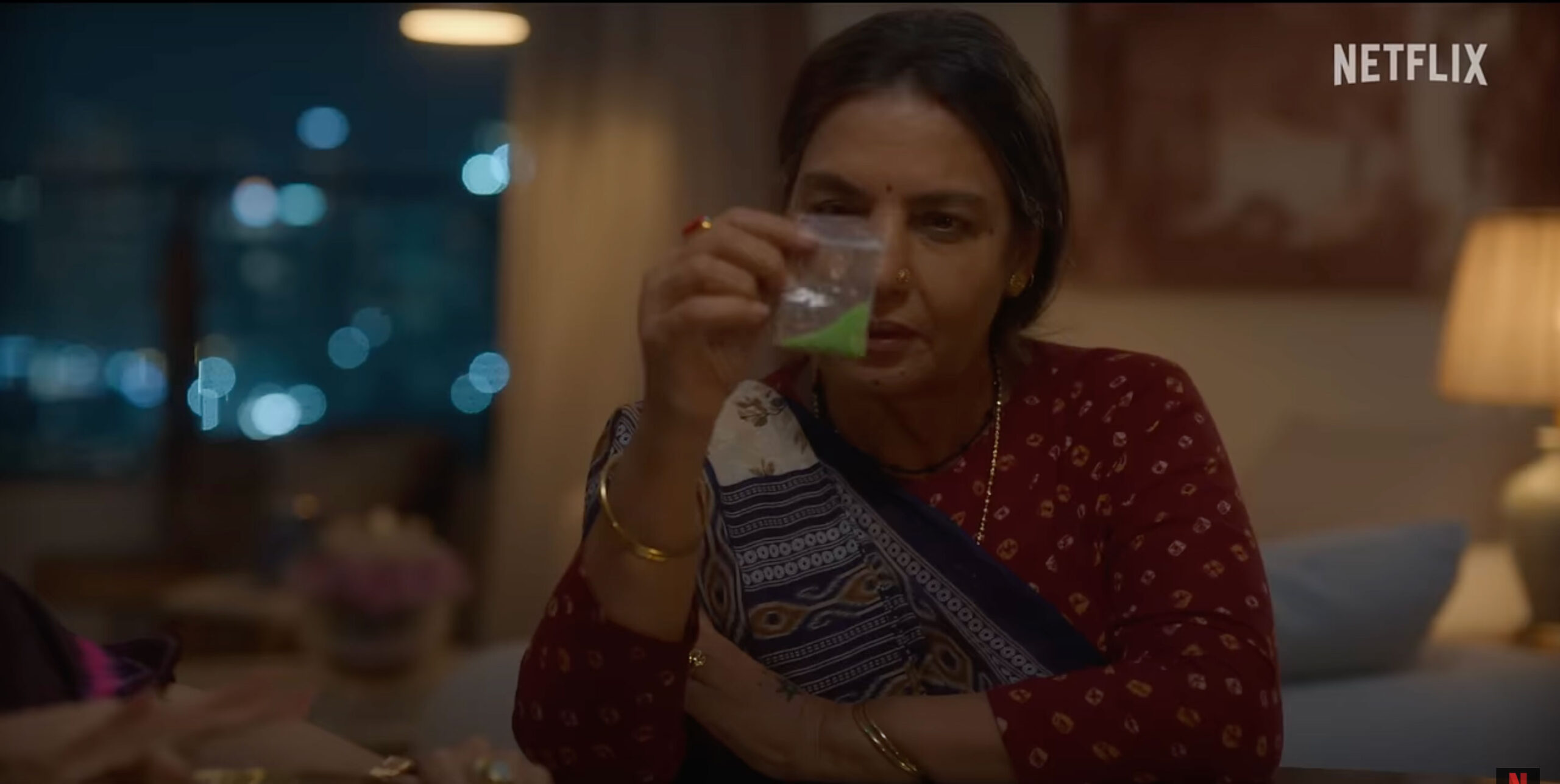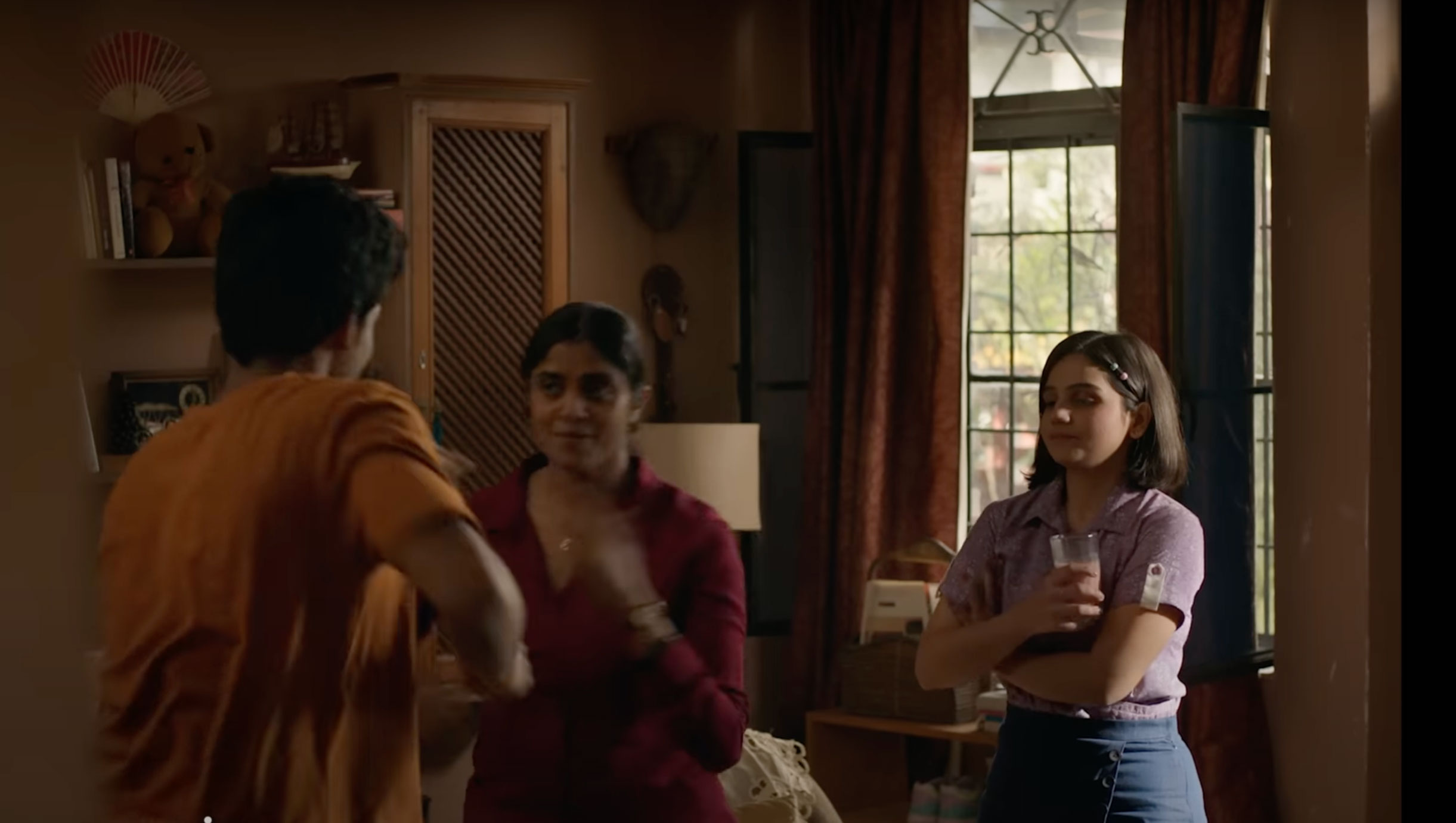Born on 4 October 1946 in Lahore (now in Pakistan), Sudha Arora is one of the leading Hindi fiction writers. Having debuted in 1967 with Bagair Tarashe Huye, published by Lokbharti Prakashan, Allahabad, she now has 18 collections of short stories to her name. She has also published three collections of essays on women’s discourse, poems, novels and plays, among which is the well-received Ek Aurat Ki Notebook, published by Manav Prakashan, Kolkata. Her novel Yaheen Kaheen Tha Ghar was published by Samayik Prakashan, New Delhi in 2010. Recently, her short story Bhimtola Ki Chhokri was published in literary magazine Hans.
Sudha Arora, who was in Delhi recently, spoke with Nawal Kishore Kumar on a wide range of issues including the changes that have come about in literature and how they have impacted society. Edited excerpts:
Women are considered a deprived community by themselves. Feminist literature is a distinct literary genre that is centred on them. How do you assess post-Independence literature in India from a woman’s perspective?
Why from a women’s angle? Can’t we assess it from a human angle? Women writing on the problems of women is definitely important but the issue is that when I write or any other author writes about women, even the women say that you are constricting the canvas of literature; your writing is about a limited sphere. Often women are unable to understand the problems of women, let alone appreciate the writings on such problems. Let alone men, even women are unperturbed by the kind of behaviour they are subjected to. And this is true of all classes – I am not talking of the lower, middle or upper class. From the Dalits to the very top, it is the same story. Just read the autobiography of Sushila Takbhaure or read about Leela Naidu, who was the daughter-in-law of the renowned and extremely wealthy Oberoi family. But how she was treated! When any oppressed or harassed woman writes about her experiences, society pounces on her. Leela Naidu had to face brickbats when she wrote about what she underwent. Our learned journalists asked her why she was speaking out after 27 years. So, this is the kind of atmosphere that prevails here. A small section of enlightened women, some women’s organizations and some journalists like you are exceptions. Overall, the atmosphere is not conducive to women even now. There is little sympathy for them.
The upper-middle-class women live in their own world. They don’t know what is happening outside of it. Unless something happens to them personally, they are unconcerned. That is why it is imperative that we write about these problems. Look at the kind of environment in which women have to live. Nonsensical things are being said about women of the minority communities. This is more or less true about women of all classes and communities.
Mitro Marjani is a novel by Krishna Sobti. What is your view about the kind of words she has used for Dalit women in the novel?
Mitro Marjani is the story of a different kind of character. In this novel, Sobti has portrayed a strong character. Such characters do exist in society. This character symbolizes repressed aspirations.
I meant the words. The way they have been …
The words are OK. The language used by Krishna Sobti is definitely not indecent. She has used similar language in Surajmukhi Andhere Mein. This is her style. She is candid and cheeky in her writings. I see nothing wrong in it. She is talking about a specific section of society. What kind of language will a character like Mitro Marjani use? The kind of language she uses, what is wrong with it? You are probably unable to accept it.
I think there are more appropriate substitutes for those words.
This novel was meant for the intelligentsia. She [Krishna Sobti] has written in a similar vein in Yaron Ke Yar. She has described the crude and rude exchanges in offices. Before her, no woman author had written in this manner. Krishna Sobti’s candid writing is of a different kind. I cannot criticize her. I have only appreciation for her.
You had interviewed Mannu Bhandari for AIR, Kolkata. You had asked her why her women characters struggle but never win. The same holds true about some of your characters.
Yes. Mannu Bhandari’s answer was: in real life, do women set out from their homes holding aloft banners of revolt? What she said was true then. At the time when she was writing, few women used to revolt. That reminds me of Ambedkar’s remark that you only need to make a slave aware of his slavery and he will himself learn to revolt. The basic thing is to make women aware of their situation, their status. Even if they are not revolting now, they will gradually learn to revolt. At least my stories are making women realize their true status. My short story Annapurna Mandal Ki Aakhiri Chitthi was criticized by many. They would say, “What exactly do you want to convey? There is a girl who is going to commit suicide and she is writing her last letter to her parents. You have glorified that girl. And what solution does the short story suggest? Nothing!”
This is not true. This story makes the reader cry. But it also sends out the message that you shouldn’t allow yourself to be put in such a situation. The last line of the letter: “Baba, I am leaving both my daughters in your care. If they want to touch the skies, don’t stop them, despite knowing full well that they won’t be able to.” This is a very important message. Similarly, Annapurna is studying when a marriage proposal arrives. The boy is handsome. She has to abandon her BA course midway and is married off. From a small town like Bakuda, she moves to a mega city like Mumbai. To her, it feels like she is in America or in heaven. But what is the reality? And that is the reality of all women, no matter from which class.
The times are changing. Revolt is palpable in today’s society. Now, the way we endured and accepted negative situations, when things were against us – that is missing now. You may call it revolt or something else but today’s generation, the women between 20 and 40 years of age, they understand things very well. Most important is that they are not ready to marry with their eyes closed. In our times, two families met and marriages were fixed. You first saw your husband at the time of marriage, the boy first saw his wife at the time of the marriage. This has become history. Now, women enjoy this privilege, this right. And they have forcibly snatched it. Even when I go with someone and return after staying with him for a week, it doesn’t mean I will marry him. If this is not revolt, then what is?
But this is limited to certain sections?
True. It is limited to certain sections but when small-town girls move to big cities, they do the same. When girls of villages and small towns leave their homes for studies or for a job, they do the same. If they have an affair with someone, it is not necessary that they will marry him. In our times, if you had an affair with someone and if people got to know of it then you got stuck with that person. You had to marry him because you were spotted going around with him. A great change has come about. I attended a wedding the other day. Both the bride and the groom had been in a live-in relationship for the past three years. When they felt that they could spend their lives together and they needed to expand their family, then marriage became a convenience, a necessity, whatever you may call it. And girls are doing this. Don’t think that girls from villages are still steeped in old values. If you send them to cities for education or for work, they will revolt against you and do the same thing. Whether you like it or not, change has come about.
There is an interrelationship between literature and politics. Many critics, including Namvar Singh, have underlined the fact that literature impacts politics and vice versa. The 1990s witnessed two important events – globalization and the implementation of the Mandal Commission’s report. Have they impacted literature? And if yes, how?
Literature is impacted by the tragedies that happen around us and in the wider world – whether it is caste politics or globalization; market economy or liberalization. Stories, novels, plays – all are impacted by such things.
There is this unparalleled short story by Chinese writer Mo Yan, “Mazak ki bhi koi had hoti hai Shifu!” Then, there is a short story by Jitendra Bhatia on a daily wage worker, titled Globalization. I have also written a story called Kamgar. Then there is Jaynandan’s Vishwa Bazar Ka Oont and Shivmurti’s Banana Republic. There is Mamata Kalia’s novel Daud.
But there is a section of litterateurs who are absolutely unruffled. They see literature only as an art. Like Nero, who fiddled while Rome was burning, they just keep on churning out literature. Whatever happens, they keep on fiddling. In the world of letters, there are writers who are not affected by anything. They lie prostrate before the powers that be. They avoid writing about anything controversial, anything that would bring them in conflict with the establishment. They never take on the establishment. I don’t even consider them as writers. There are many such people who are very well known. Those who never take on the establishment and keep quiet are the ones who get awards and honours. But awards and honours do not make a writer great. What makes a writer great is dealing with issues, struggling with issues, confronting issues.
Some women writers say they are not feminists but humanists? How would you like to describe yourself?
Yes, some women writers do say that they are not feminists but humanists. They feel that if they call themselves feminists, it will constrict, limit the canvas of their writings. But how can you be a humanist without being a feminist? A woman needs to be feminist first. Humanism comes later.
Over the past three-four decades, two new genres of literature have emerged – Dalit literature and OBC literature. Then, a concept of Bahujan literature has been discussed. How do you view them?
What is this talk of OBC and Bahujan literature? There is one dominant and privileged class. There is another deprived and exploited class. The latter, whether they are Dalits, OBCs or Bahujans, should be placed together. Literature always speaks for the deprived and the exploited and stands by them.
So, are you in favour of Bahujan literature?
The literature which is being written is literature of all the deprived. How would you divide it? This is Dalit, this is OBC. This will be wrong.
But why has such a situation arisen? Do you think the Hindi writers ignored the deprived sections?
No writer has done that. Premchand also did not ignore them. But what happens is that the experiences of a person who witnesses something and one who faces it are different. If I write about a Dalit, obviously, I have only seen things. But a Dalit who is facing something, who is the victim, when he writes about himself, his idiom and his language will be different. The difference between how I see things and how I write about them will be different from how he sees them and writes about them. Premchand wrote about Dalits, he wrote Kafan and he wrote Poos Ki Raat. When these short stories are critiqued and analyzed today and when you read these critiques and analyses you are convinced that the critics are right. We cannot entirely absolve Premchand from the charge that what he wrote wasn’t correct, that there was something lacking in his knowledge. Premchand wrote prolifically. He wrote about 700 stories – a story a day. Writing is a sort of addiction. Under the spell of that addiction, he might have written some things that may not be applicable to the class about which they were written. This is especially true of his story Kafan. Gulzar Saheb had produced a film on it. But there is a big problem with the characters of the story. Things do not happen in that class of society the way Premchand has shown them. This has been said time and again by many Dalit writers. So, what an observer, no matter how great a writer he might be, writes, his writing will be different from the writings of someone who has personally experienced something. For instance, whatever Kaushalya Besantri writes, Sushila Takbhaure or Jacinta Kerketta writes, will be close to the ground reality. The fire in it, the anger in it, that I can never have. When I write about my class, what I saw, what I underwent, it will have fire, it will have anger. What I haven’t seen, I can be sympathetic about it. But there will be no fire in me. But it is entirely possible that at some point in time, I may acquire that fire. Many people have written about the class they did not belong to. And their writings were powerful.
Even if the writing doesn’t have fine language, proper choice of words and style, or great storytelling, their simple language is powerful because it conveys the truth
You have written your recent story Bhimtola Ki Chhokri on the basis of what you saw. It is not based on lived experience. Tell us about it.
We are back to Bhimtola ki Chhokri … one way of looking at it is that I was witness to it, I hadn’t lived it. But I interacted with that class, heard them out, I guessed their inner thoughts to some degree. Writers have sharp observation skills; they have the capacity to read another person’s mind, to get hold of the crux of a matter. I did all that and was very disturbed. But I faced lots of problems in writing the story. I had to somehow write it because I was called there to write. And I was unable to write. So, I wrote it as reminiscences. Some of the incidents described in it are imaginary. But I could gauge what was below the surface. I held fast to it. So, if you read it, you will get the feeling that the incidents described there must have happened. To some extent, that is true.
Besides being a writer, you are also associated with social work. What kinds of changes have you seen? What do you feel when you meet people from the deprived classes, the people on the margins of society?
Of course, this class is also not untouched by change. As I have said earlier, even the girls residing in slum clusters have changed. Today, if they are turned out from their homes for giving birth to a daughter, they don’t blame themselves; they blame their husbands and their in-laws. They prefer to leave such a home. It’s OK. Be it a daughter or a son, I will bring him or her up. If one husband is like that, how will another be better? In Phule Nagar, in our area (in Mumbai), there are rows of houses in which you will find women bringing up their children alone. Their husbands are not with them. Such a big row was kicked up on the issue of triple divorce. But what about Hindu husbands who just abandon their wives without divorcing them. They marry another woman and the wives can’t do a thing. Without obtaining divorce, they start living with another woman. Who will fight them? So, all these women are living their lives alone. They work. A friend of mine runs an organization in Powai (Mumbai). She trains such women in sewing, embroidery, painting, etc. Gradually, they start enjoying their work. Bringing up children is in itself a joy. These women believe that they may have faced struggles in their lives but they are raising their children to make them good human beings. They are educating their children. They are not educated but they are educating their children. They hope that their children will become good human beings. They have only one objective in life – that their children, one or two or more, have a different fate than theirs. Young women, of 25-27 years, lacked such courage earlier. They were mistreated at their in-laws’ place. They were mistreated at their parents’ place. Go, live with your in-laws, they were told. Today, that is no longer the situation. This is a very positive development.
The Government of India is talking about ‘one nation, one language’. Your take?
To begin with, these people are not clear about what Hindi is or should be. Recently, there were protests on something written in Urdu on a Haldiram’s packet. Now, more than half of the words in the Hindi we speak are borrowed from Urdu. If we speak Sanskritized Hindi, it sounds old and outdated. It doesn’t seem like today’s language. So, they are unable to define Hindi. Look at other languages. They are overflowing with Urdu words – Telugu, Marathi, Kannada, almost every language has Urdu words. Moreover, even if you bring in Hindi, the language of communication will still be English. Where is Hindi? English is spoken in government offices. These days, even slum children consider speaking in English a matter of pride.
Do you think this is part of the hegemonic policies of the Government of India?
Let us not talk about the central government. Everything is wrong with it. We can talk endlessly about it. We cannot hope that they would do anything for educational institutions. We criticize them but they are not bothered. They continue with their arbitrary actions. They won’t stop.
Anything you would like to say to the writers of the younger generation?
Today’s generation, today’s young writers – they are more conscious and more aware than our generation. They are writing a lot. What I would like to tell them is that they should not make their writings a tool for fulfilling their ambitions. They should not think that if they write this, they will become famous. They should focus on how far their writings are going in terms of the readership, what kind of changes they are bringing about. We need change. Their writings should jolt the minds of the readers. The readers should wonder what is happening around them. I think most of the writers are doing this. The new younger generation is more aware than our generation.
(Translation: Amrish Herdenia; copy-editing: Anil)
Forward Press also publishes books on Bahujan issues. Forward Press Books sheds light on the widespread problems as well as the finer aspects of Bahujan (Dalit, OBC, Adivasi, Nomadic, Pasmanda) society, culture, literature and politics. Contact us for a list of FP Books’ titles and to order. Mobile: +917827427311, Email: info@forwardmagazine.in)
The titles from Forward Press Books are also available on Kindle and these e-books cost less than their print versions. Browse and buy:
The Case for Bahujan Literature
Dalit Panthers: An Authoritative History








